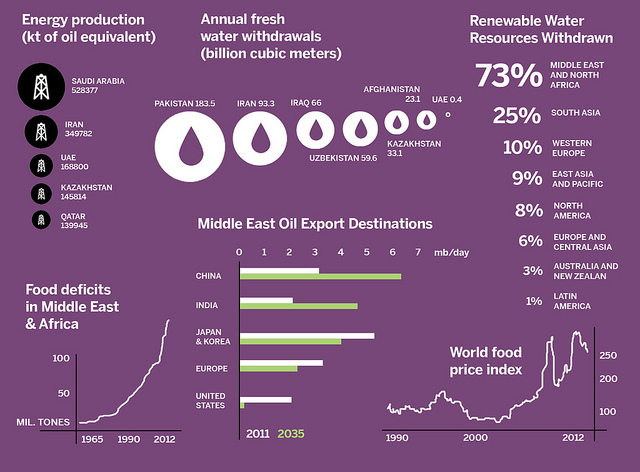The Reliability of Global Undersea Communications Cable Infrastructure
This study submits twelve major recommendations to the private sector, governments and other stakeholders—especially the financial sector—for the purpose of improving the reliability, robustness, resilience and security of the world’s undersea communications cable infrastructure.
In practical terms, these twelve recommendations are offered as challenges to individuals. These will be the ones who will need to make the difference when a difference is called for. The senior leaders and subject matter experts of equipment suppliers, network operators and service providers; the leaders and participants of the industry’s fora; researchers; consultants in small firms; government policy makers and staff employees; IT specialists in financial firms; and many others—all are strongly urged to include this report in their dialogue and to do so speedily, as the improvement opportunities described have important benefits to many throughout the world—and the consequences, many downsides.
It is encouraging that at the time of this report dispatch, a number of private sector interests have indicated their willingness to take the next steps suggested for several recommendations. Each of the recommendations should be considered and acted upon with urgency proportional to the vital role that international communications networks and services will play in the future. The critical priority for implementation is clear. Without reliable international communications networks and services, public welfare is endangered, economic stability is at risk, other critical sectors are exposed, and nation-state security is threatened. The implementation of this report’s recommendations will significantly reduce these and other risks. Each of the twelve recommendations is both challenging and achievable. The intent of the ROGUCCI process from the beginning has been to improve the world’s communications. Successful implementation of each recommendation will significantly improve the reliability and robustness of communications services for the citizens around the world. However, each will require skill, resolve and genuine partnership among government entities, stakeholders and the private sector.
This study strongly urges the private sector, governments and other stakeholders to chart and embark on a new course of policy and practice that forcefully advocates highly available, highly reliable, highly robust, highly resilient and highly secure international communications infrastructure.
Click here to download the complete publication from the IEEE web site

